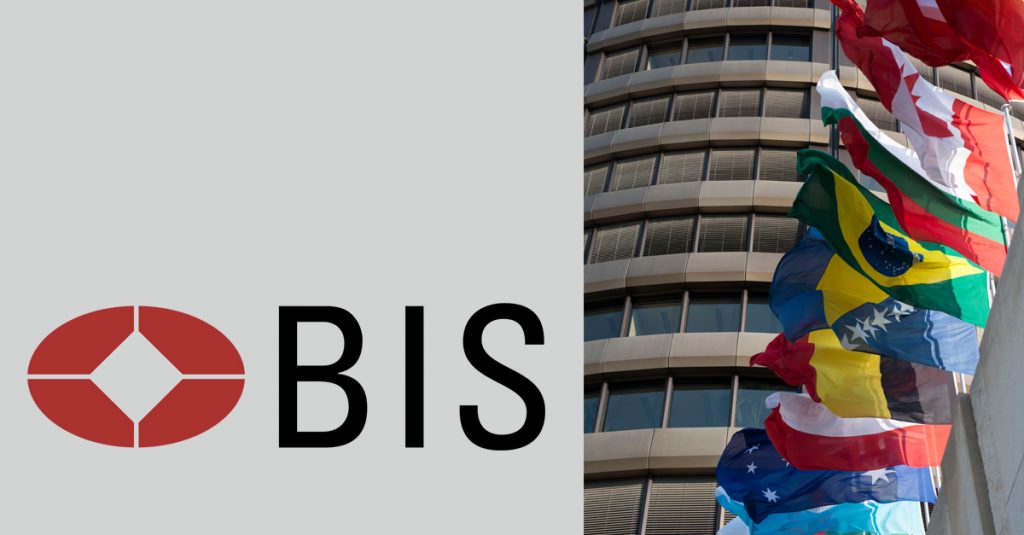Bank for International Settlements (bis)


What is Bank for International Settlements (bis)?
Following World War I, the Bank for International Settlements was formed on May 17, 1930, as an international financial institution for central bank collaboration. Its principal function at the time was to collect, administer, and distribute reparation payments imposed on Germany by the Treaty of Versailles, which included the collecting, administration, and distribution of annuities payable as reparations (and hence the name “Bank for International Settlements”).
As the need for the BIS’s reparations function fades, it assumes the role of a banker to central banks and other international financial organizations, serving as a forum for promoting international cooperation, dialogue, and policy analysis among central banks and the international financial community. It also serves as a center for economic and monetary research.
Its headquarters are in Basel, Switzerland, and it has two representative offices in the People’s Republic of China’s Hong Kong Special Administrative Region.
Understanding Bank for International Settlements (bis)
The bank does not handle government transactions or make government loans. It also does not conduct business with corporations or individuals.
The BIS also encourages central bank collaboration. The Basel Committee on Banking Supervision (BCBS) is a closely related worldwide financial regulatory forum. It is one of numerous internationally regulated committees and associations headquartered at BIS headquarters and supported by its secretariat.
The Basel Committee on Banking Supervision is in charge of the Basel Accords, which prescribe capital requirements and other banking policies that are commonly implemented by national governments.
Read related articles:
« Back to Glossary IndexDisclaimer
In line with the Trust Project guidelines, please note that the information provided on this page is not intended to be and should not be interpreted as legal, tax, investment, financial, or any other form of advice. It is important to only invest what you can afford to lose and to seek independent financial advice if you have any doubts. For further information, we suggest referring to the terms and conditions as well as the help and support pages provided by the issuer or advertiser. MetaversePost is committed to accurate, unbiased reporting, but market conditions are subject to change without notice.
About The Author
Damir is the team leader, product manager, and editor at Metaverse Post, covering topics such as AI/ML, AGI, LLMs, Metaverse, and Web3-related fields. His articles attract a massive audience of over a million users every month. He appears to be an expert with 10 years of experience in SEO and digital marketing. Damir has been mentioned in Mashable, Wired, Cointelegraph, The New Yorker, Inside.com, Entrepreneur, BeInCrypto, and other publications. He travels between the UAE, Turkey, Russia, and the CIS as a digital nomad. Damir earned a bachelor's degree in physics, which he believes has given him the critical thinking skills needed to be successful in the ever-changing landscape of the internet.
More articles

Damir is the team leader, product manager, and editor at Metaverse Post, covering topics such as AI/ML, AGI, LLMs, Metaverse, and Web3-related fields. His articles attract a massive audience of over a million users every month. He appears to be an expert with 10 years of experience in SEO and digital marketing. Damir has been mentioned in Mashable, Wired, Cointelegraph, The New Yorker, Inside.com, Entrepreneur, BeInCrypto, and other publications. He travels between the UAE, Turkey, Russia, and the CIS as a digital nomad. Damir earned a bachelor's degree in physics, which he believes has given him the critical thinking skills needed to be successful in the ever-changing landscape of the internet.


















































